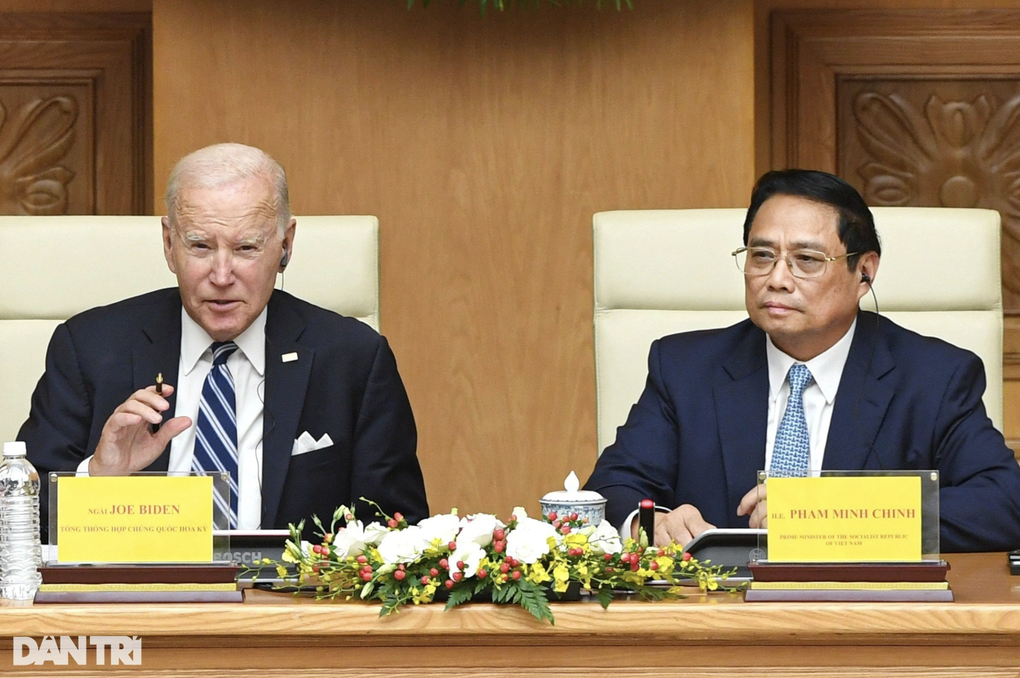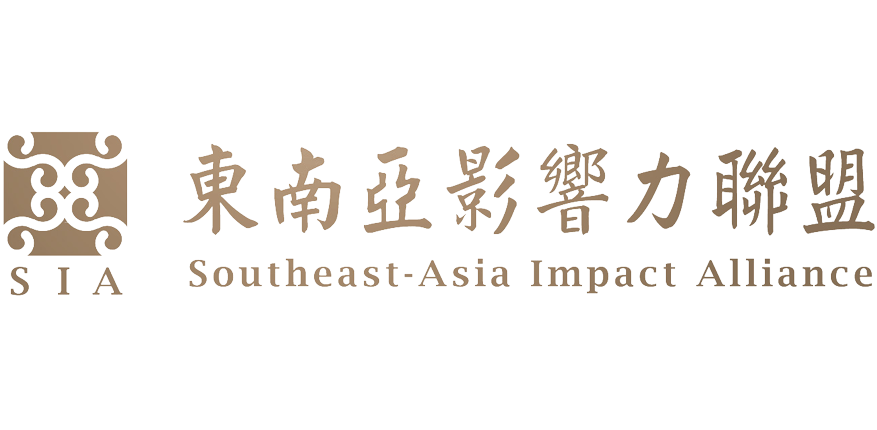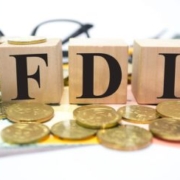Vietnam’s FDI Landscape: Bracing for a Fourth Surge of Investment Influx
Vietnam may be on the cusp of a new investment wave following President Joe Biden’s visit last month.

The third surge seemed to take place vigorously in the mid-2010s. With an increasing consumer market, Vietnam became an ideal destination for foreign companies. For instance, the Japanese retail giant Aeon opened its first store in Vietnam, Aeon Mall Tan Phu Celadon, in 2014.
President Biden’s recent visit may stimulate a new wave of American investment in Vietnam, potentially creating a fourth FDI wave.
Currently, Vietnam aims to shift from traditional labor-intensive sectors like textiles and electronics assembly to high-tech industries with significant value-added. Collaboration with U.S. technology companies, especially those leading in semiconductor and AI fields, will play a pivotal role in the country’s industrial restructuring.
Prime Minister Pham Minh Chinh has recently called for the development of a human resources plan with the goal of training 30,000-50,000 engineers and 100 digital transformation and semiconductor manufacturing experts. Vietnam is also considering new measures and policies to attract multinational corporations. However, it will take some time to see if the fourth wave of FDI in Vietnam becomes a reality.
In September, during his visit to Vietnam, President Joe Biden and General Secretary Nguyen Phu Trong established a comprehensive strategic partnership between the two countries. Biden’s visit also resulted in significant business deals. For instance, Vietnam Airlines signed an agreement to purchase 50 Boeing 737 Max aircraft, worth approximately $10 billion.
FPT Software also announced a strategic partnership with the U.S. startup Landing AI. Synopsys, a leader in semiconductor design software, IP, and software security solutions, signed a memorandum of understanding to collaborate in training the semiconductor workforce in Vietnam.
Subsequently, Prime Minister Pham Minh Chinh conducted a working visit to the United States. During his visit to Nvidia’s chip manufacturing headquarters, he proposed that the corporation establish a plant in Vietnam, viewing Vietnam as a strategic location in Southeast Asia. He also met with the leadership of several leading technology companies in the U.S., including Bill Gates and Elon Musk.



